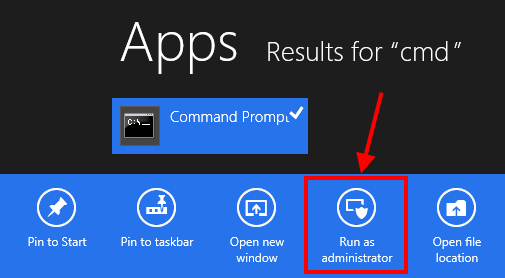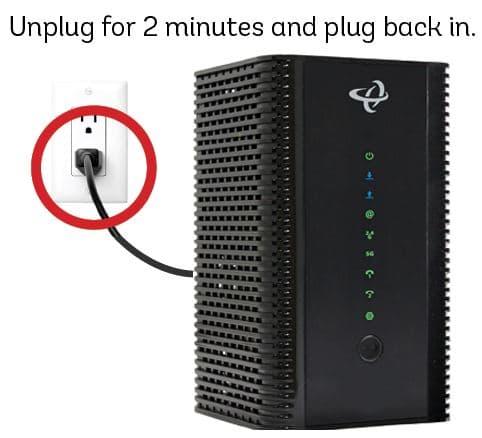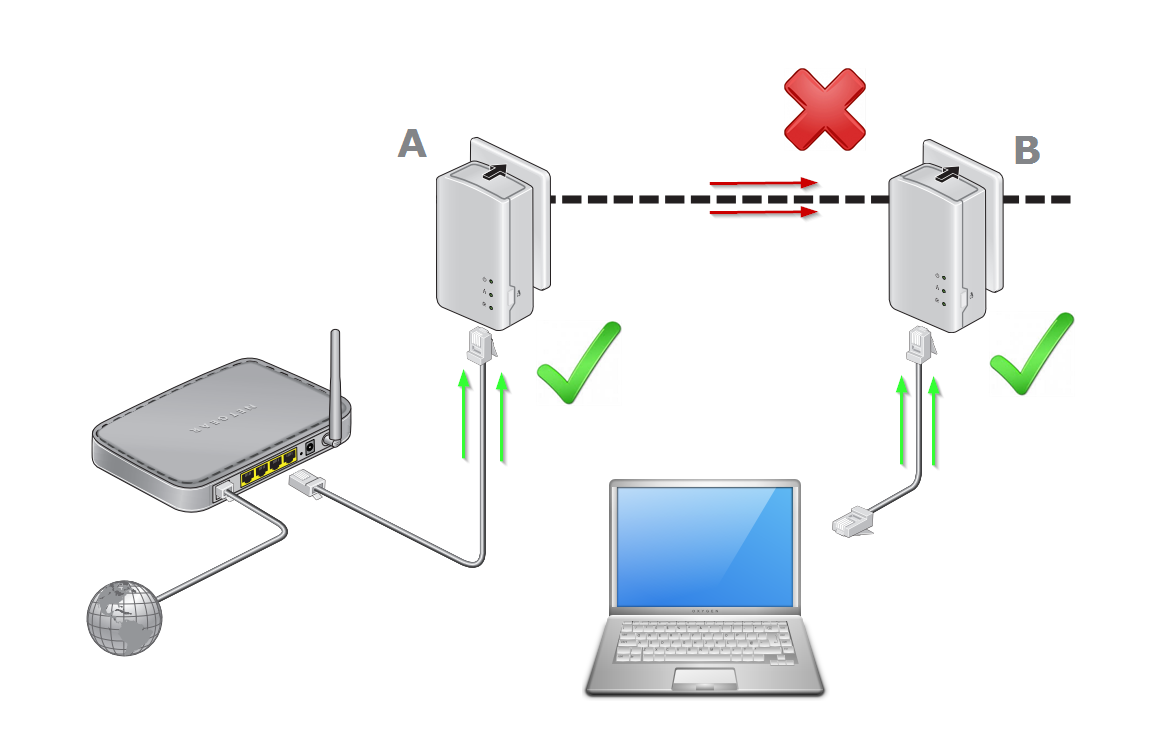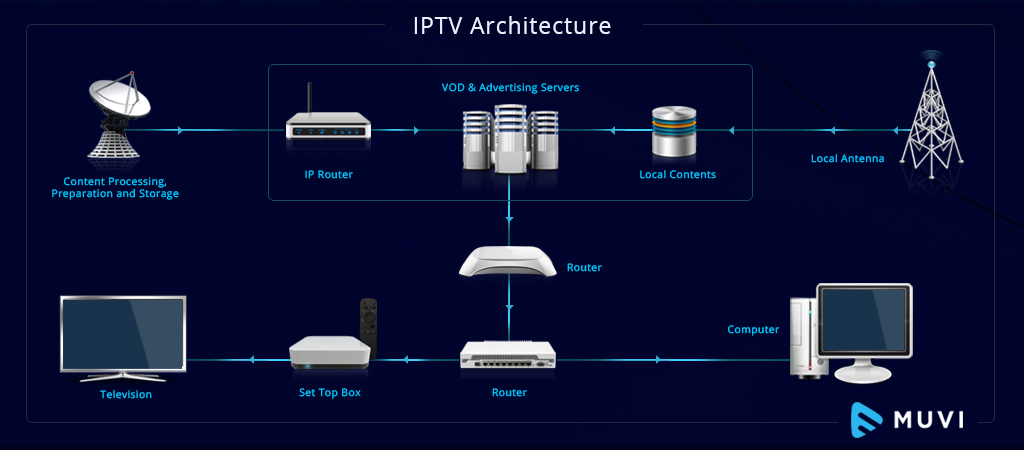In today’s interconnected world, mastering the art of networking is crucial for professional success. Whether you’re an entrepreneur, job seeker, or established professional, building powerful connections can open doors to new opportunities, insights, and collaborations. This comprehensive guide will explore eight essential tips to help you become a networking maestro, leveraging both traditional and digital platforms to create lasting, mutually beneficial relationships.
1. Understand the Value of Networking
Before diving into specific strategies, it’s essential to grasp why networking is so vital in today’s professional landscape.
The Power of Professional Connections
Networking isn’t just about collecting business cards or LinkedIn connections. It’s about cultivating relationships that can:
- Provide access to job opportunities and career advancement
- Offer insights into industry trends and best practices
- Foster collaborations and partnerships
- Enhance your professional reputation and visibility
- Provide support and mentorship
Research shows that up to 85
Networking in the Digital Age
While face-to-face interactions remain valuable, digital networking has become increasingly important, especially in the wake of global events like the COVID-19 pandemic. Online platforms offer:
- Broader reach and accessibility
- Opportunities for continuous engagement
- Tools for targeted connection-building
- Platforms for showcasing expertise and thought leadership
2. Cultivate a Networking Mindset
Successful networking begins with the right mindset. Many professionals view networking as a necessary evil, but reframing your perspective can transform it into an enjoyable and rewarding experience.
Embrace a Growth Mindset
Approach networking with curiosity and a desire to learn. Each interaction is an opportunity to:
- Gain new knowledge
- Broaden your perspective
- Discover unexpected synergies
Focus on Giving, Not Just Receiving
The most effective networkers prioritize how they can help others. By adopting a giving mindset, you:
- Build goodwill and trust
- Establish yourself as a valuable resource
- Create a foundation for reciprocal relationships
3. Perfect Your Elevator Pitch
A concise, compelling elevator pitch is essential for making strong first impressions. Your pitch should:
- Clearly communicate who you are and what you do
- Highlight your unique value proposition
- Be adaptable to different contexts and audiences
Crafting Your Pitch
Follow these steps to develop an effective elevator pitch:
- Identify your key strengths and accomplishments
- Determine what sets you apart from others in your field
- Tailor your message to your target audience
- Practice delivering your pitch naturally and confidently
Remember, your elevator pitch should evolve as your career progresses and your goals change.
4. Leverage Online Platforms Strategically
In today’s digital world, online networking is essential. Here’s how to make the most of various platforms:
LinkedIn: Your Professional Hub
LinkedIn is the cornerstone of online professional networking. To optimize your LinkedIn presence:
- Craft a compelling profile that showcases your expertise and achievements
- Regularly share relevant content and insights
- Engage with others’ posts through thoughtful comments
- Join and participate in industry-specific groups
- Utilize LinkedIn’s advanced search features to find and connect with relevant professionals
Twitter: Engage in Real-Time Conversations
Twitter can be a powerful tool for networking, especially in certain industries. To network effectively on Twitter:
- Follow industry leaders, companies, and relevant hashtags
- Share valuable content and insights
- Participate in Twitter chats related to your field
- Use hashtags strategically to increase visibility
Other Platforms
Depending on your industry, other platforms like GitHub (for developers), Behance (for creatives), or industry-specific forums can be valuable networking tools.
5. Master the Art of Conversation
Effective networking relies heavily on your ability to engage in meaningful conversations. Here are some tips to enhance your conversational skills:
Practice Active Listening
Active listening is crucial for building rapport and understanding others’ perspectives. To improve your active listening:
- Give your full attention to the speaker
- Ask clarifying questions
- Paraphrase to ensure understanding
- Avoid interrupting or jumping to conclusions
Ask Thoughtful Questions
Asking insightful questions demonstrates your interest and helps you gather valuable information. Some effective questions include:
- “What challenges are you currently facing in your role?”
- “What trends are you most excited about in our industry?”
- “How did you get started in your career?”
Share Relevant Stories and Experiences
Storytelling can make your conversations more engaging and memorable. Share anecdotes that:
- Illustrate your expertise or problem-solving skills
- Demonstrate your passion for your work
- Highlight your unique experiences or perspectives
6. Attend Networking Events Strategically
While online networking is important, in-person events still offer unique opportunities for connection. Here’s how to make the most of networking events:
Choose Events Wisely
Be selective about the events you attend. Look for:
- Industry-specific conferences and trade shows
- Local meetups and professional association gatherings
- Alumni events from your educational institutions
- Workshops and seminars in your field of interest
Prepare in Advance
Before the event:
- Research attendees and speakers
- Set specific goals for the event (e.g., meet three new contacts in your industry)
- Prepare relevant talking points and questions
Follow Up After the Event
Following up is crucial for solidifying new connections. Within 24-48 hours after the event:
- Send personalized follow-up emails or LinkedIn messages
- Reference specific points from your conversation
- Suggest a follow-up meeting or call if appropriate
7. Build and Nurture Long-Term Relationships
Networking isn’t just about making initial connections; it’s about cultivating lasting relationships. Here are some strategies for long-term relationship building:
Stay in Touch Regularly
Maintain consistent communication with your network:
- Share relevant articles or resources
- Congratulate contacts on their achievements
- Schedule periodic check-ins or coffee meetings
Offer Value Consistently
Look for opportunities to support your connections:
- Make introductions to other professionals in your network
- Share job openings or business opportunities
- Offer your expertise or assistance on projects
Show Appreciation
Express gratitude for the support and opportunities your network provides:
- Send thank-you notes for introductions or advice
- Publicly acknowledge those who have helped you
- Return favors when possible
8. Embrace Diversity in Your Network
A diverse network can provide a wealth of perspectives and opportunities. Actively seek to connect with professionals who:
- Work in different industries or sectors
- Have varied cultural backgrounds
- Are at different stages in their careers
Diversity in your network can lead to:
- Fresh ideas and innovative solutions
- Broader access to opportunities
- Enhanced cultural competence and global perspective
Conclusion: The Ongoing Journey of Networking
Mastering the art of networking is a continuous process that requires dedication, authenticity, and a genuine interest in others. By implementing these eight tips, you’ll be well on your way to building powerful connections that can transform your career and professional life.
Remember, effective networking is about quality over quantity. Focus on cultivating meaningful relationships, providing value to others, and staying open to new opportunities and perspectives. With practice and persistence, you’ll develop a robust network that supports your professional growth and success for years to come.
As you embark on your networking journey, keep in mind that every interaction is an opportunity to learn, grow, and potentially forge a valuable connection. Stay curious, be authentic, and always look for ways to contribute to your network. The relationships you build today could be the key to unlocking incredible opportunities tomorrow.







